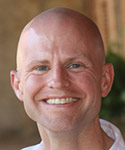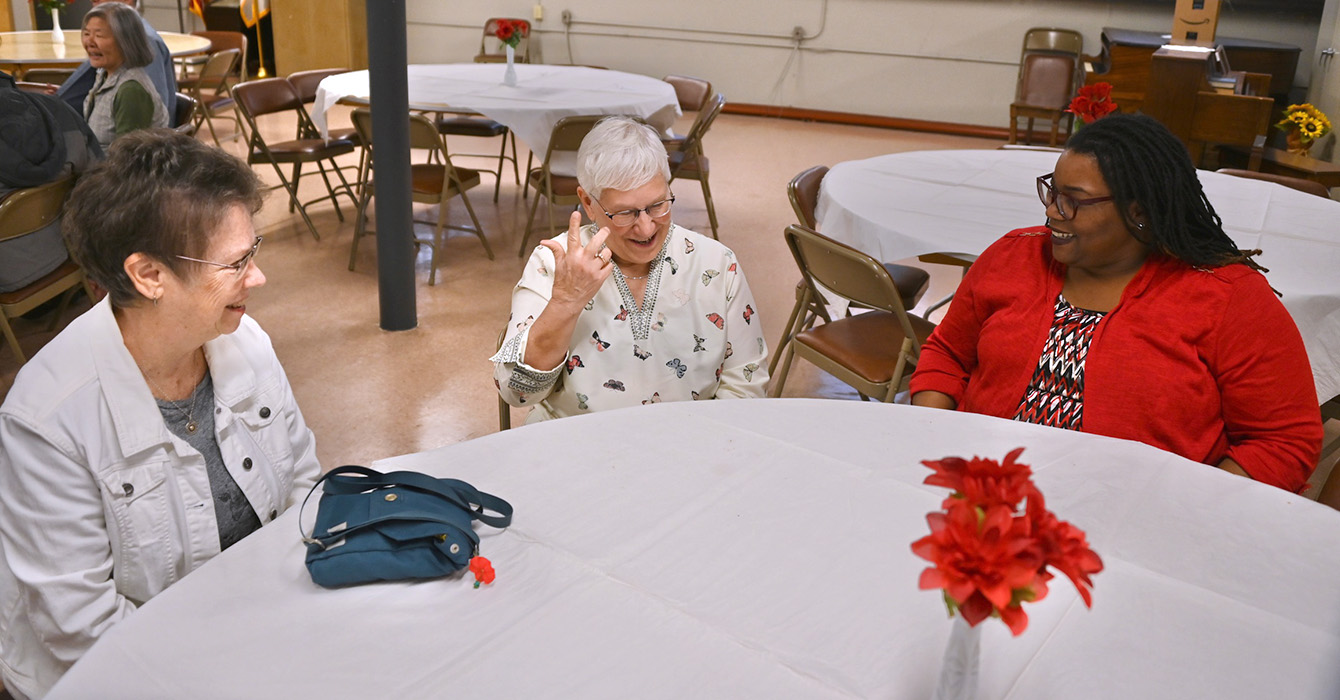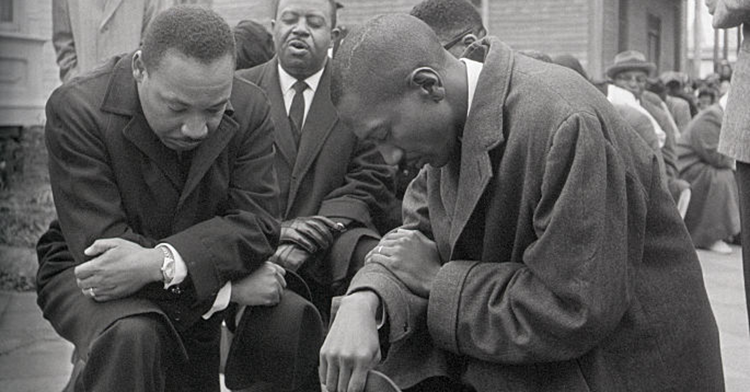According to a 2001 New York Times profile, when then-Mariner, now-Yankee outfielder Ichiro Suzuki first moved to Seattle, he told his new teammates that he was in the market for a three-bedroom apartment in the city. His colleagues were surprised.
They could imagine a two-bedroom apartment to accommodate Ichiro, his wife and potential guests, but they didn’t understand the need for a third bedroom. Then Ichiro explained that the third bedroom would be where he would practice his swing.
The practice that that third bedroom afforded, along with his well-documented disciplined approach to the game, seems to have paid off as he became only the third player in Major League history to reach 4,000 hits in an August 2013 game against the Toronto Blue Jays.
All of us who have responsibility for leading Christian institutions can learn from Ichiro’s house-hunting.
There is something important about designating space in our lives for practice, even when or especially when we feel like we are at the top of our game. Here, I am thinking less about the practices we commend to others, those spiritual disciplines that shape life and faith over time, though we certainly need to create space for those in our lives, too.
Here, I am thinking more about practice in the much more mundane sense, in the sense of doing something repeatedly simply to get better at it (to paraphrase Webster’s). Here, I am thinking about practice in the sense of the kind of rehearsal that hones the skills of our vocation.
It is easy to convince ourselves that what Samuel Butler said about life in general is true about leadership in particular: “[it] is like playing a violin solo in public and learning the instrument as one goes on.” It often feels that way. Never sure of what will happen next, what we do is keep playing, so to speak, hoping it sounds more and more like music as we go.
But when we convince ourselves that this is the essential nature of leadership, we deny ourselves important opportunities to rehearse, ignoring the fact that many important elements of leadership can be practiced in advance.
Take, for example, that big speech to the board, that presentation to the conference or comments to the staff. Many folks depend on the fact that they are charismatic and engaging in person, but how much better they could be if they practiced their comments aloud and refined their words beforehand! (This applies even to the reading of Scripture, as Christine Parton Burkett has written.)
Or, what about that press conference or interview with the media? Rather than arrive at a bank of microphones and assume poise and polish, practice receiving pointed questions and practice giving the answer to the question you would rather not answer.
Or, take difficult performance conversations. As Faith & Leadership has discussed elsewhere, leaders can plan their part of these conversations to ensure that the necessary things get said in the necessary way.
These are only a few examples. There are scores more. All of them suggest that, if you haven’t already, maybe now is the time to create a “third bedroom” in your life. Take the practice swings so that, when you step to the plate, you’ll be ready.













